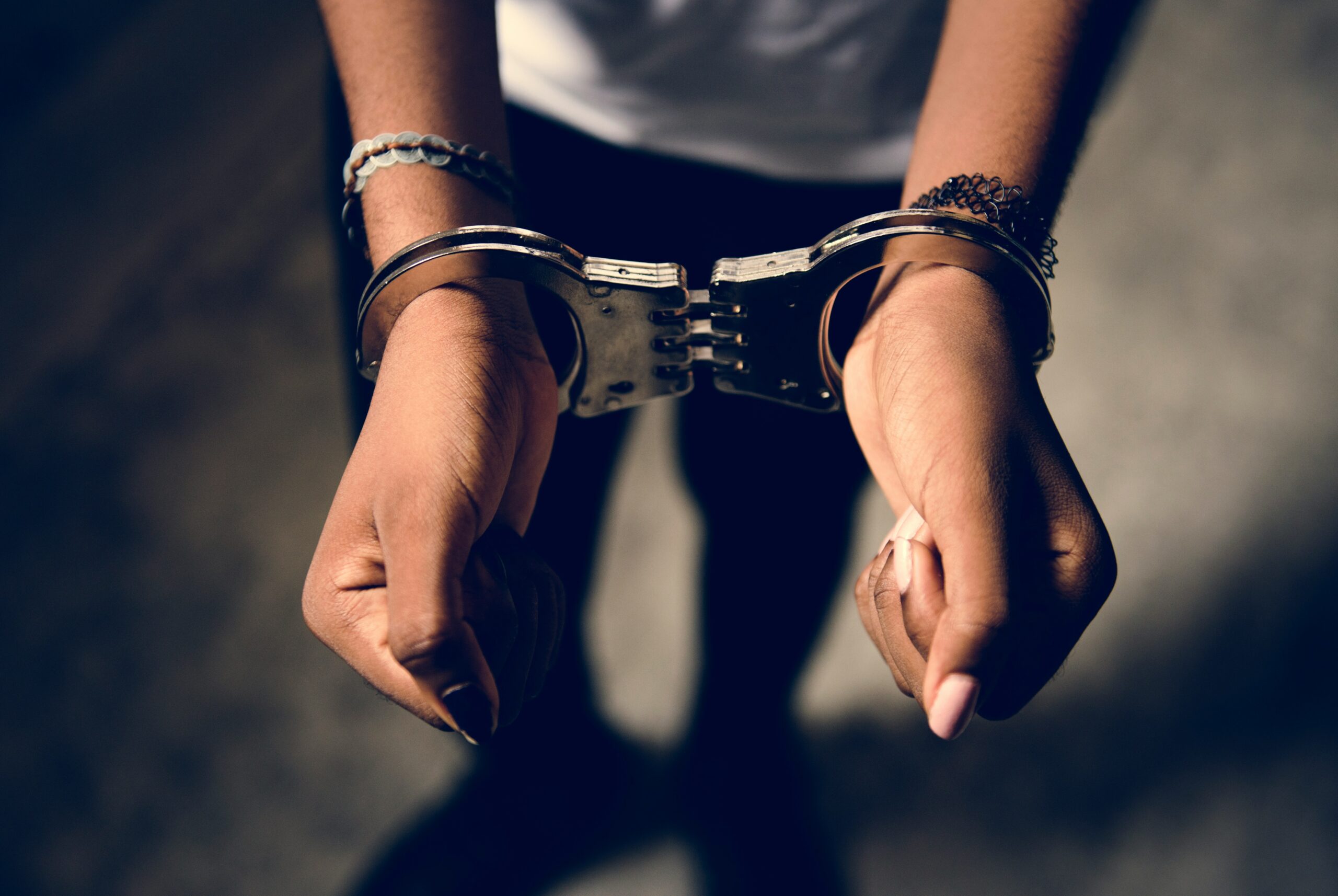If you or a loved one has been arrested in Indiana, the hours and days that follow can feel overwhelming. Understanding what to expect — and what to do next — can make a big difference in the outcome of your case.
1. Booking and Bail
After an arrest, the person is taken to jail for booking, which can include fingerprinting, photographs, and entering the charges into the system. Depending on the charge and the county, bail may be set right away or you may be held without bail until after an initial hearing. Additionally in most Indiana counties certain crimes, such as domestic violence, might have mandatory minimum holding times to ensure public safety – usually in the realm of 24 hours.
2. The Initial Hearing
Usually held within 48 hours, except in certain special circumstances, the initial hearing informs the accused of the charges, their rights, and possible penalties. The court also determines whether bail should be granted or modified. The final piece of the puzzle in an initial hearing will be the appointment of a public defender or request for counsel. If you ask for a public defender you’ll normally have to either testify or fill out affidavit forms about your financial situation to see if you qualify and then a court-appointed attorney will be assigned to you. If you do not want a public defender or don’t qualify for one, you will have to find your own private attorney from a firm like Sutton Law Office.
3. Initial Steps in Building a Defense
This is when having a defense attorney becomes critical. Your lawyer will:
- Review the evidence, for all crimes the Prosecutor must turn over any information and evidence in their position which might be used against you at trial within the first 30 days of a charge, barring special circumstances.
- Review the charging documents and police affidavits, looking for rights violations or procedural violations which might create a defense or invalidate the charge.
- Begin negotiations with the Prosecutor. Every county is different, and sometimes even in the same county two prosecutors may have very different ways of negotiating. Having an attorney with strong local knowledge is important to be able to predict the right arguments and the most likely outcomes.
4. Potential Outcomes
The vast majority of all criminal cases result in a negotiated plea agreement, where the Defendant admits to one or more crimes in exchange for a certain guaranteed outcome. More rarely, charges can be dismissed either due to a lack of evidence, technicality, or if the Prosecutor comes to no longer believe in the case. If neither of these happen, then a trial by jury or trial by judge (“bench trial”) will eventually happen with a verdict.
Your attorney will explain the risks and benefits of each option so you can make informed decisions.
Being arrested doesn’t mean you’re guilty. Sutton Law is here to defend your rights and work toward the best possible outcome. Call today for a case review — the sooner we get started, the stronger your defense can be, and there can be certain time-sensitive deadlines to raise certain defenses or issues early in the process!





